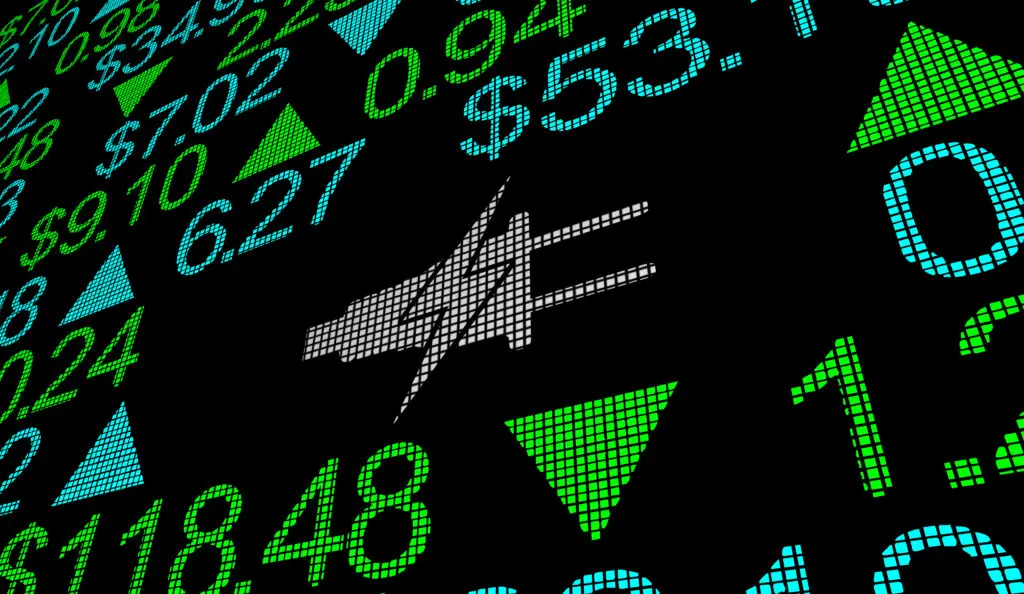Being a battery recycler is no easy task, according to Charles Stuyck, global battery recycling manager at Umicore. ‘We are being squeezed at all sides, whether you’re talking about new legislation, trade challenges, economic drivers or poor design choices,’ he says. ‘It’s a tough sector.’
On the other hand, the volume of products using lithium-ion (Li-ion) batteries, notably electric vehicles (EVs), is ever-increasing.
‘But, ladies and gentlemen, it’s time to get real,’ Stuck told delegates at the annual ICBR gathering in Basel in mid-September. ‘We have to get rid of the red tape of logistics, for one. It’s sad to say this is always a current issue, no matter when and where in the world I am.’
Leap of faith
Stuyck likens a battery to a small chemical factory. ‘Delivering battery-grade materials from spent batteries is no small feat,’ with – as ever in recycling – scale being a major factor. ‘There are a lot of relatively small players. 100 000 tonnes per year operations are still quite rare.’ He thinks large-scale operations are unlikely to take off in the immediate future.
‘Let’s talk about the big elephant in the room, the investment climate. A large chunk of uncertainty comes from new and constantly changing rules. They impact the business model that will win in the future.’
He says it remains to be seen what politicians will agree on. ‘Will they call for a recycling certificate? A strict chain of custody? More modern technology? A combination of all of the above? There are a lot of question marks. The fact is, if you want to do something meaningful, you’ll probably need half a billion dollars in capital investment. Who is ready to take such a leap of faith right now?’
Hybrid process
Umicore’s battery recycling plant in Hoboken, Belgium, has an annual capacity of 7 000 tonnes of Li-ion batteries and battery production scrap, the equivalent of 35 000 EV batteries. The site, which opened in 2011, uses a hybrid pyro-hydro recycling method. It is a winning formula, Stuck argues.
‘We can take cells, scrap, highly varied infeed, you name it. It all goes into the same melting pot. There’s no need for ten shredding lines to get the desired output. Our recycled black mass yields back alloys with a very high quality, pretty much rivalling that of virgin materials. Our results outperform that of traditional pyrological and hydrological methods.’
Umicore proved commercial-scale battery recycling using its method in 2016. It has since developed a refined 2.0 process. ‘We are ready to take this a step further and partner with whoever wants to do this together,’ Stuyck says. ‘In my experience, a pyro-hydro processing method is a very efficient for treating end-of-life batteries.’
Stuyck describes it as a localised solution that takes less effort to get the same output compared to traditional methods. ‘I hope that hearing about the benefits will help correct the misconception people have about this type of process.
The battery expert believes solid state batteries are ‘just around the corner’. Based on the latest data, he is confident Umicore will be also be able to treat them.
Stay tuned for our ICBR report on battery recycling!
Don't hesitate to contact us to share your input and ideas. Subscribe to the magazine or (free) newsletter.



